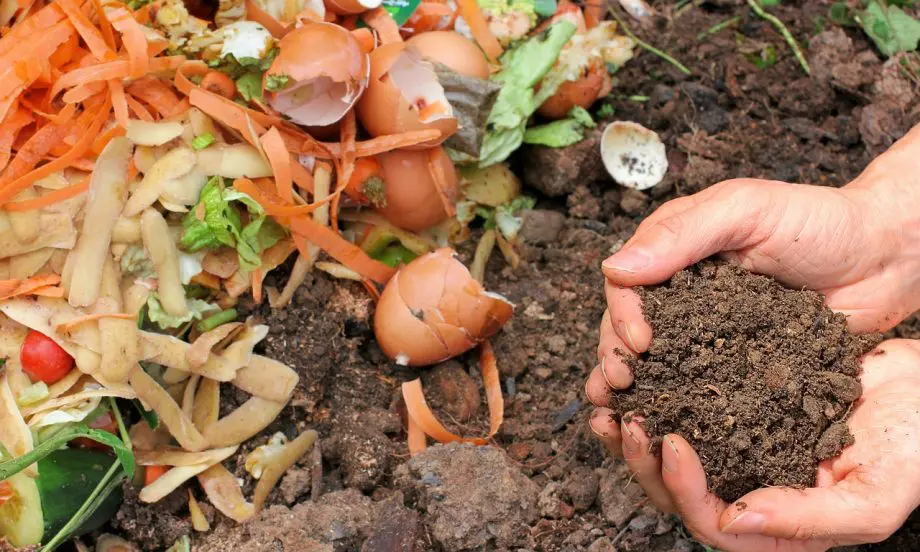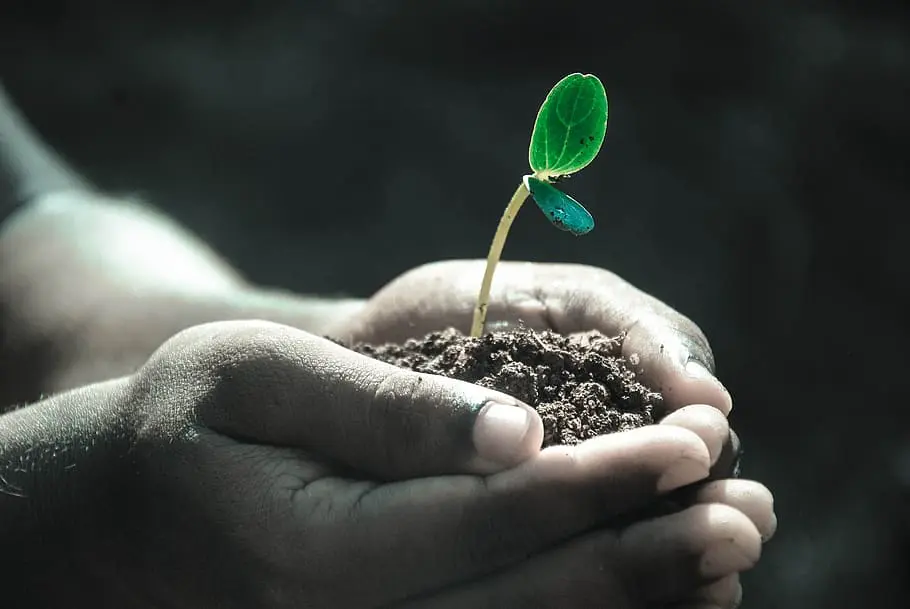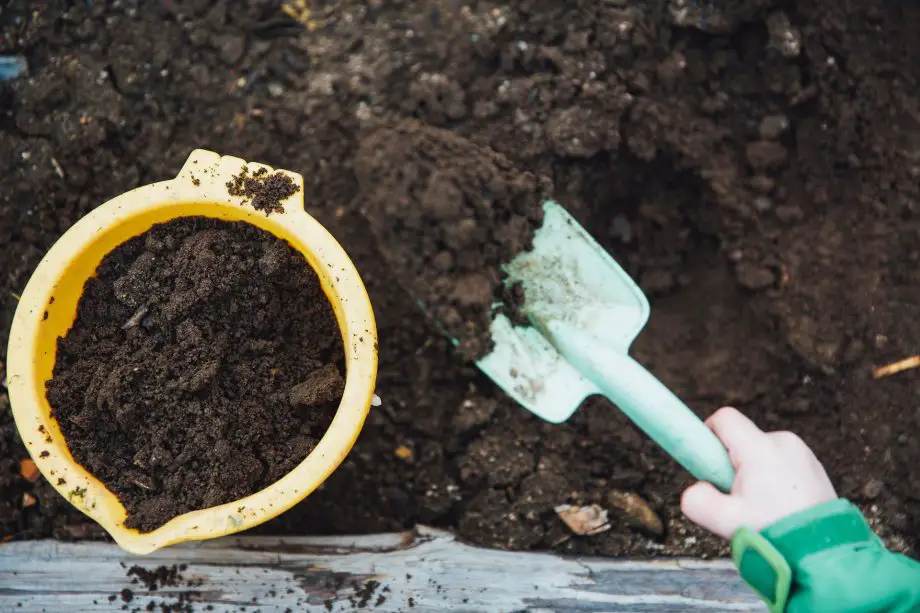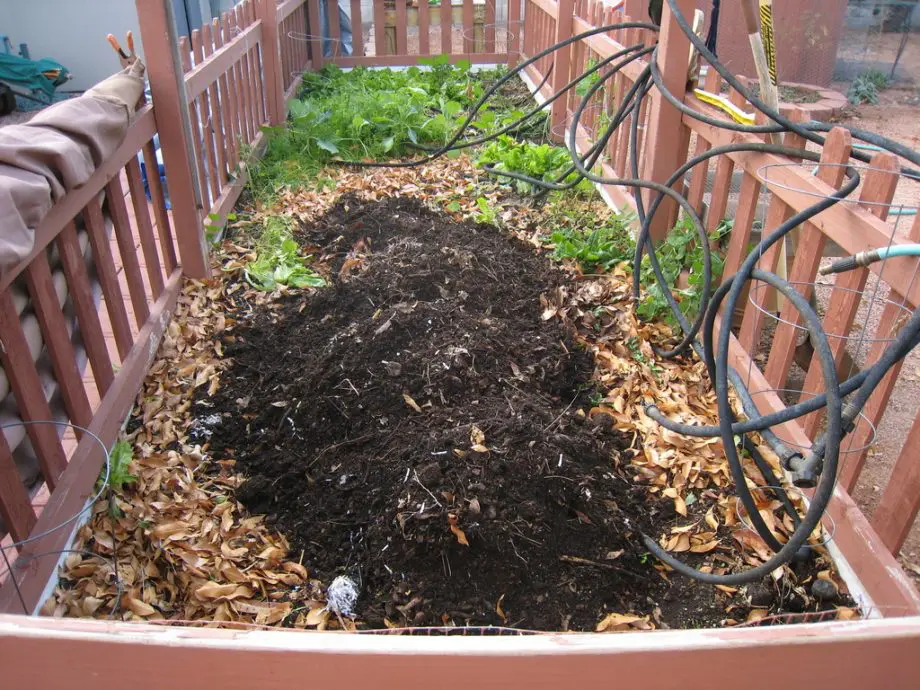
Discover the environmental impact of composting! Learn how turning waste into compost can reduce emissions, improve soil health, and benefit our planet.
Ever wondered about the environmental impact of composting? It’s more than just turning kitchen scraps into garden gold.
Composting is a green lifestyle choice that can significantly reduce harmful emissions, enrich our soil, and even combat climate change.
So, let’s dive in and explore the fascinating world of composting and its profound effects on our environment.
Environmental Impact of Composting
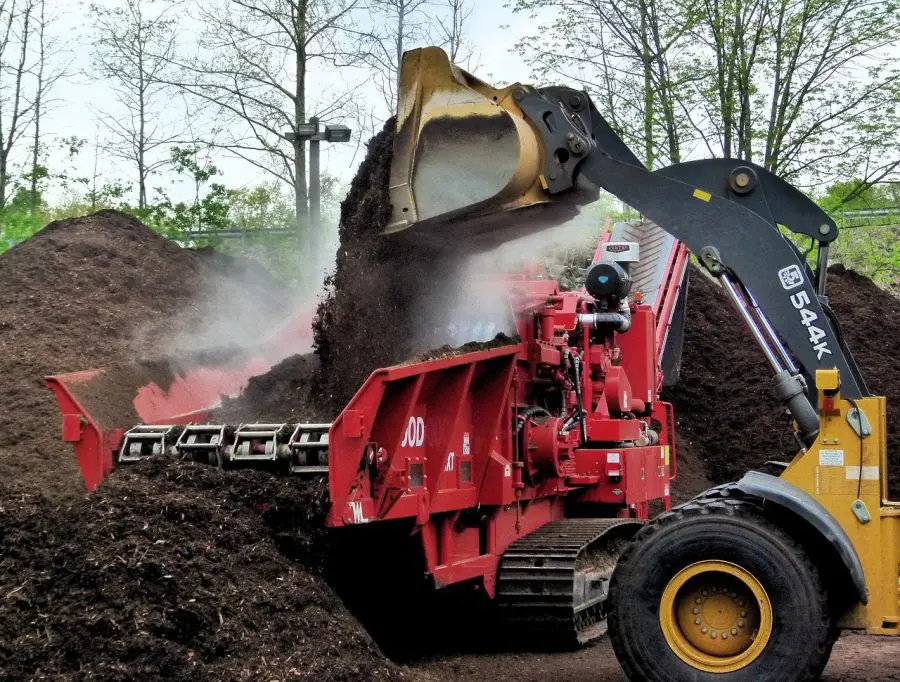
Welcome to our deep dive into the environmental impact of composting.
This isn’t just about turning your banana peels into plant food.
It’s about understanding how this simple act can help reduce methane emissions, cut down on chemical fertilizers, and even boost crop yields.
We’ll also explore how composting plays a crucial role in reducing food waste and improving soil health.
Plus, we’ll tackle some frequently asked questions about composting.
So, buckle up and get ready for an enlightening journey into the world of composting and its ripple effects on our environment.
Definition of Composting
Composting, in its simplest form, is the process of turning organic waste materials into nutrient-rich soil conditioners.
It’s a natural process that involves the decomposition of organic matter by microbes, worms, and other organisms.
Think of it as nature’s way of recycling. You take your kitchen scraps, yard waste, and other organic materials, pile them up, and let nature do its thing.
Over time, these materials break down into a rich, dark substance that’s often referred to as black gold by gardeners.
It’s a fantastic way to reduce waste and create nutrient-rich soil for your garden.
Brief Overview of Environmental Impact
Now, let’s talk about the environmental impact of composting.
It’s easy to think of composting as just a way to reduce waste or improve your garden, but its environmental benefits go much further.
Composting helps to reduce methane emissions, a potent greenhouse gas, by diverting organic waste from landfills.
It also reduces the need for chemical fertilizers, which can have harmful effects on our waterways and wildlife.
Plus, the compost produced can improve soil health, making it more resilient to drought and disease.
In short, composting is a small act with a big environmental impact.
Benefits of Composting
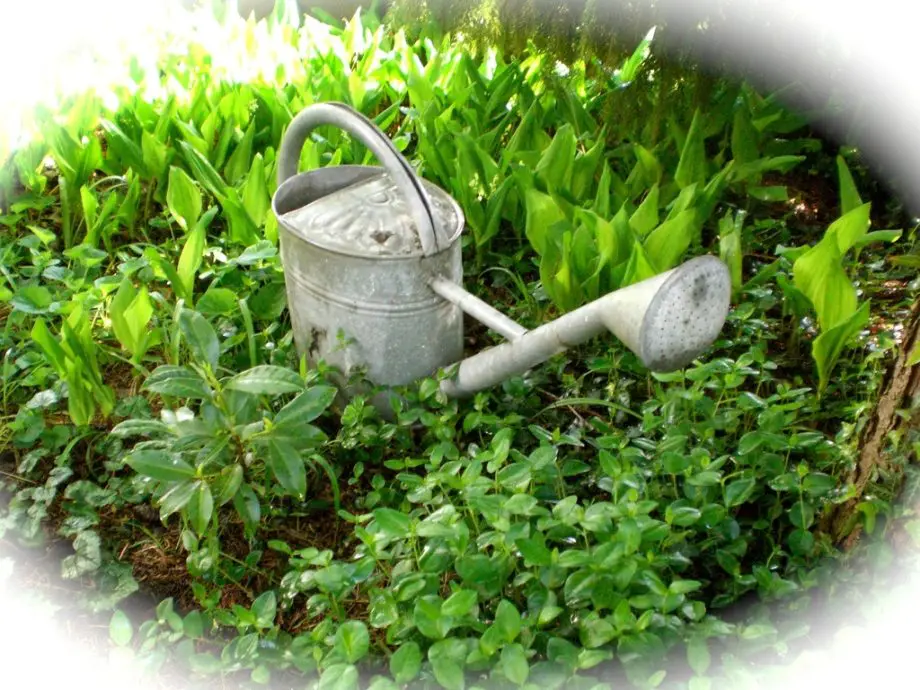
Let’s dive into the heart of the matter and the benefits of composting.
It’s not just about creating nutrient-rich soil for your garden or reducing the amount of waste you send to the landfill.
The benefits of composting ripple out, having a significant positive impact on our environment.
From reducing harmful greenhouse gases to lessening our reliance on chemical fertilizers, composting is a powerhouse of environmental benefits.
So, let’s unpack these benefits and see how this simple act of recycling our waste can help us make a big difference for our planet.
Reduction of Methane Emissions
Let’s start with methane, a greenhouse gas that’s much more potent than carbon dioxide.
When organic waste ends up in a landfill, it decomposes anaerobically (without oxygen), producing methane.
Now, here’s where composting comes in. By composting our organic waste, we allow it to decompose aerobically (with oxygen), which doesn’t produce methane.
So, every bit of kitchen scrap or yard waste that we compost is a small victory in the fight against climate change.
Elimination of the Need for Chemical Fertilizers
Next up, let’s talk about fertilizers.
We all want our plants to grow strong and healthy, but chemical fertilizers can have harmful effects on our waterways and wildlife.
They can cause nutrient pollution, leading to problems like algal blooms in our rivers and lakes.
Compost, on the other hand, is a natural, nutrient-rich alternative that can nourish our plants without harmful side effects.
Plus, it improves the soil structure and promotes the growth of beneficial microbes, making our gardens healthier in the long run.
Promotion of Higher Yields of Agricultural Crops
Finally, let’s not forget about the benefits of composting for our crops.
Using compost in agriculture can lead to higher yields. The rich nutrients in compost help to feed the plants, promoting stronger growth and higher productivity.
Plus, the improved soil structure helps to retain water and nutrients, making the crops more resilient in the face of drought or disease.
So, composting isn’t just good for our gardens, it’s also a boon for farmers and our food supply.
The Role of Composting in Reducing Food Waste
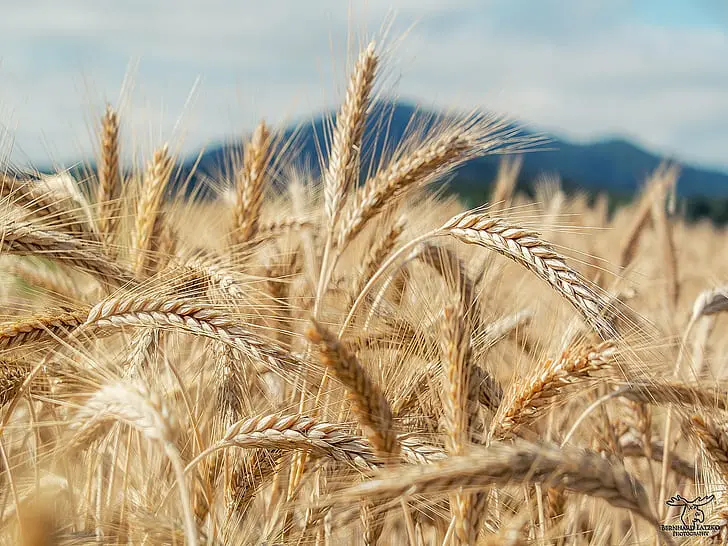
Moving on, let’s explore another crucial aspect of composting and its role in reducing food waste.
In our journey to become more environmentally conscious, reducing food waste is a significant step.
But where does composting fit into this picture?
Well, it turns out, composting is one of the most effective ways to recycle our food waste, turning what would have been waste into a valuable resource.
So, let’s delve deeper into how composting helps us tackle the issue of food waste and its broader environmental implications.
Impact on Greenhouse Gas Emissions
When we talk about food waste, we often think about the wasted resources that went into producing that food.
But there’s another side to the story and it’s the greenhouse gases that are released when food waste decomposes in a landfill.
As we’ve mentioned before, organic waste decomposing in landfills produces methane, a potent greenhouse gas.
By composting our food waste, we can significantly reduce these methane emissions. It’s a simple action, but it has a big impact.
Every bit of food waste we compost is a step towards reducing our greenhouse gas emissions and fighting climate change.
The Connection between Food Loss, Waste, and Composting
Now, let’s look at the bigger picture, the connection between food loss, waste, and composting.
Around a third of all food produced globally is lost or wasted. That’s a lot of resources going to waste.
But it’s also a lot of potential compost. By composting our food waste, we can turn this loss into a gain.
We can recycle the nutrients in the food waste, returning them to the soil and helping to grow more food.
It’s a cycle of sustainability that starts with composting.
So, the next time you scrape your plate into the compost bin, remember you’re part of a bigger picture, a global effort to reduce food waste and create a more sustainable food system.
Composting and Soil Health
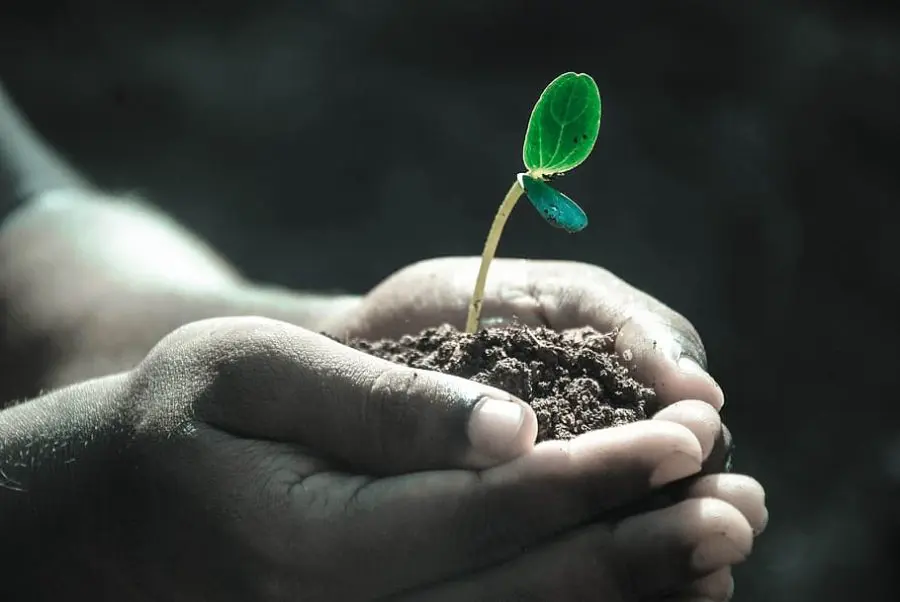
Let’s shift our focus now to the ground beneath our feet, the soil.
Soil health is a critical aspect of our environment, affecting everything from plant growth to water quality.
And guess what? Composting plays a key role in maintaining and improving soil health.
By adding compost to our gardens and fields, we’re not just feeding our plants; we’re also nurturing the soil and the myriad of organisms that call it home.
So, let’s dig a little deeper and uncover the connection between composting and soil health.
Alleviation of the Need for Commercial Fertilizers
Commercial fertilizers may give our plants a quick nutrient boost, but they often come with a host of environmental issues, from nutrient runoff polluting our waterways to the carbon footprint of their production.
That’s where compost comes in. Rich in nutrients and beneficial microbes, compost provides a natural, sustainable alternative to commercial fertilizers.
By regularly adding compost to our gardens, we can feed our plants the nutrients they need without relying on synthetic products.
It’s a win for our plants and a win for our planet.
Improvement of Soil Quality
Compost doesn’t just feed our plants. It also improves the quality of our soil.
It enhances soil structure, making it easier for roots to grow and for water to infiltrate.
It increases the soil’s ability to hold onto nutrients and water, reducing the need for irrigation and fertilization.
Plus, it adds beneficial microbes that help break down organic matter and ward off plant diseases.
By improving soil quality, composting helps create a healthy, vibrant ecosystem right beneath our feet.
Contribution to Healthy Plants
And of course, healthier soil leads to healthier plants. Plants grown in compost-enriched soil are often stronger and more productive.
They’re better able to withstand pests and diseases, and they’re more resilient in the face of drought or other stressors.
Plus, they’re often more nutrient-dense, which is great news if you’re growing your own fruits and veggies.
So, by composting, we’re not just helping our environment; we’re also contributing to healthier, more bountiful gardens.
Economic and Environmental Advantages of Composting

Next, let’s talk dollars and sense. Composting isn’t just good for the environment; it also makes economic sense.
Whether you’re a home gardener or a large-scale farmer, composting can help you save money and resources.
Plus, it contributes to a more sustainable and resilient economy.
So, let’s delve into the economic and environmental advantages of composting, and see how this simple act of recycling our waste can benefit our wallets as well as our world.
Cost Reduction Associated with Organic Waste Management
First off, let’s talk about waste management. It’s no secret that managing our waste can be costly, both in terms of money and environmental impact.
But composting offers a cost-effective solution.
By composting our organic waste, we can reduce the amount of waste we need to send to the landfill or incinerator, saving on waste disposal fees.
Plus, we’re creating a valuable resource – compost – that can save us money on garden inputs like fertilizers and soil conditioners.
It’s a win-win situation.
Reduction of Waste in Landfills
Next, let’s consider our landfills. They’re often seen as a necessary evil, a place to dispose of our waste out of sight and out of mind.
But landfills have significant environmental impacts, from the methane they emit to the potential for leachate to contaminate our groundwater.
Composting helps us reduce the amount of waste we send to landfills, easing their environmental burden.
Every bit of organic waste we compost is one less bit of waste in our landfills.
Minimization of Chemical Use
Finally, let’s think about chemicals. Many of us rely on chemical fertilizers and pesticides to keep our gardens and lawns looking their best.
But these chemicals can have harmful effects on our environment, polluting our waterways and harming wildlife.
Compost offers a natural alternative.
It feeds our plants, improves our soil, and even helps suppress pests and diseases, reducing our need for chemical inputs.
By composting, we’re not just recycling our waste; we’re also minimizing our use of harmful chemicals.
The Process of Composting and Its Environmental Implications
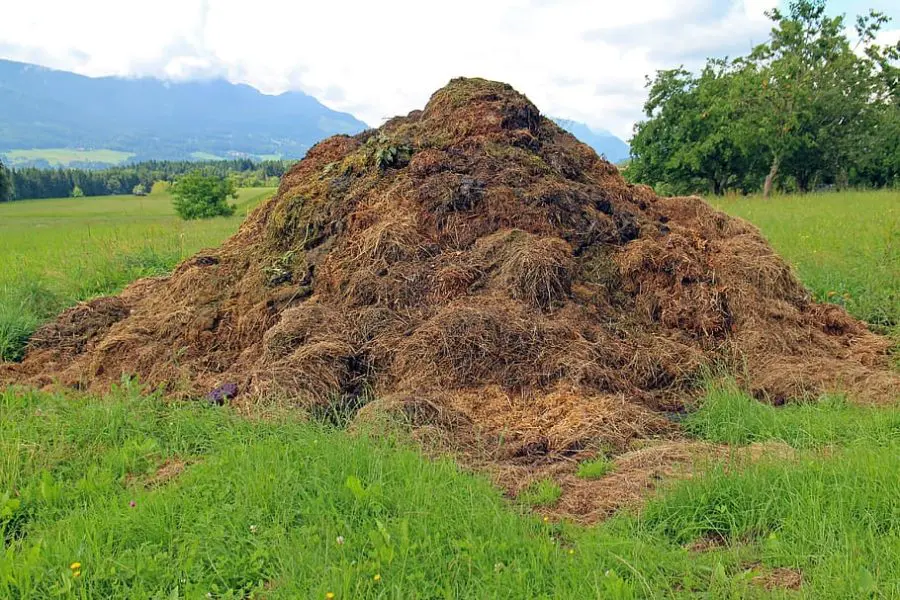
Now that we’ve explored the benefits of composting, let’s get into the nitty-gritty of the composting process itself.
It’s a fascinating journey from kitchen scraps to nutrient-rich compost, a journey that’s full of life, transformation, and a bit of science.
But this process doesn’t just transform our waste; it also has significant environmental implications.
So, let’s roll up our sleeves and delve into the process of composting and what it means for our environment.
Overview of the Composting Process
The composting process might seem like magic, but it’s actually a natural process that’s been happening on our planet for millions of years.
It all starts with your compost pile or bin, where you add your organic waste.
This can be anything from kitchen scraps like fruit peels and coffee grounds to yard waste like leaves and grass clippings.
The key is to have a good mix of ‘greens’ (wet, nitrogen-rich materials) and ‘browns’ (dry, carbon-rich materials).
Once you’ve got your compost pile started, nature takes over. Microorganisms like bacteria and fungi start breaking down the organic material, turning it into compost.
This process generates heat, which helps to speed up the decomposition and kill off any harmful pathogens.
After a few weeks or months, depending on your composting method, you’re left with a pile of rich, dark compost, ready to be used in your garden.
Impact of Ammonia Emission on Compost Quality and Environment
Now, let’s talk about something a bit less pleasant, ammonia emissions.
During the composting process, some of the nitrogen in the compost can be converted into ammonia, a gas that can be harmful to the environment if it escapes into the air.
It can contribute to air pollution and even acid rain.,But don’t worry, there are ways to minimize ammonia emissions from your compost.
One of the most effective ways is to ensure your compost has a good balance of ‘greens’ and ‘browns’.
Too many ‘greens’ can lead to excess nitrogen, which can turn into ammonia.
By ensuring you have plenty of ‘browns’ in your compost, you can help absorb this excess nitrogen and keep your compost, and the environment, healthy.
FAQs

As we near the end of our deep dive into composting, let’s address some of the most frequently asked questions about composting and its environmental impact.
From potential negative effects to the benefits and drawbacks of composting, these questions cover some of the key concerns and curiosities people often have about composting.
So, let’s tackle these FAQs head-on and shed some light on these important aspects of composting.
Q: Are there negative effects to composting?
A: While composting has many environmental benefits, it can have a few potential downsides if not managed properly.
These can include unpleasant odors, the attraction of pests, and the release of ammonia gas if the compost pile is not balanced correctly.
However, these issues can be easily managed with proper composting techniques.
Q: What are 3 environmental benefits of composting?
A: Composting offers numerous environmental benefits. Here are three key ones:
• Reduction of Methane Emissions: By composting organic waste, we can reduce the amount of methane, a potent greenhouse gas, produced in landfills.
• Conservation of Resources: Composting recycles organic waste, turning it into valuable compost that can replace chemical fertilizers.
• Improvement of Soil Health: Compost enriches the soil, improving its structure, nutrient content, and microbial activity, which leads to healthier plants and ecosystems.
Q: What are 3 disadvantages of composting?
A: While composting is generally beneficial, it can have a few potential disadvantages:
• Time and Effort: Composting requires regular maintenance and can take several weeks to months to produce usable compost.
• Space Requirements: Composting requires a certain amount of space, which may not be available in urban or apartment living situations.
• Potential for Pests: If not properly managed, compost piles can attract pests like rodents and insects.
Q: Does composting have a negative impact on land?
A: On the contrary, composting generally has a positive impact on land.
It improves soil health, increases its nutrient content, and enhances its ability to retain water.
However, it’s important to manage compost correctly to avoid potential issues such as pests or odors.
Conclusion
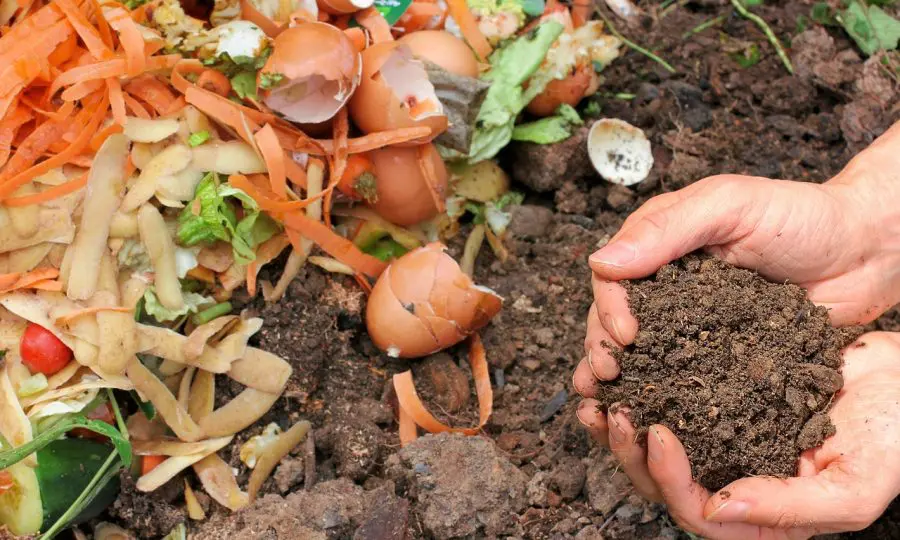
As we wrap up our exploration of composting and its environmental impact, it’s clear that this simple act of recycling our organic waste can have profound effects.
From reducing greenhouse gas emissions to improving soil health and reducing our reliance on chemical fertilizers, composting is a powerful tool in our environmental toolkit.
But before we conclude, let’s take a moment to recap what we’ve learned and consider the future of composting.
Recap of the Environmental Impact of Composting
Throughout our exploration, we’ve seen how composting has a significant positive impact on our environment.
By composting our organic waste, we’re reducing the amount of waste that ends up in landfills, thereby reducing methane emissions.
We’re also creating a natural, nutrient-rich soil conditioner that can replace chemical fertilizers, reducing water pollution.
Plus, composting plays a crucial role in improving soil health, promoting healthier plants, and creating more resilient ecosystems.
It’s a simple act, but its environmental impact is profound.
Future Perspectives on Composting
Looking ahead, the future of composting is bright.
As more and more people become aware of the environmental benefits of composting, it’s becoming a mainstream practice in homes, schools, and businesses around the world.
Innovations in composting technology are making it easier and more efficient, and policies are being put in place to support composting initiatives.
While there are challenges to overcome, the potential of composting to contribute to a more sustainable and resilient world is immense.
So, whether you’re a seasoned composter or just starting out, remember that every bit of waste you compost is a step towards a healthier planet.

